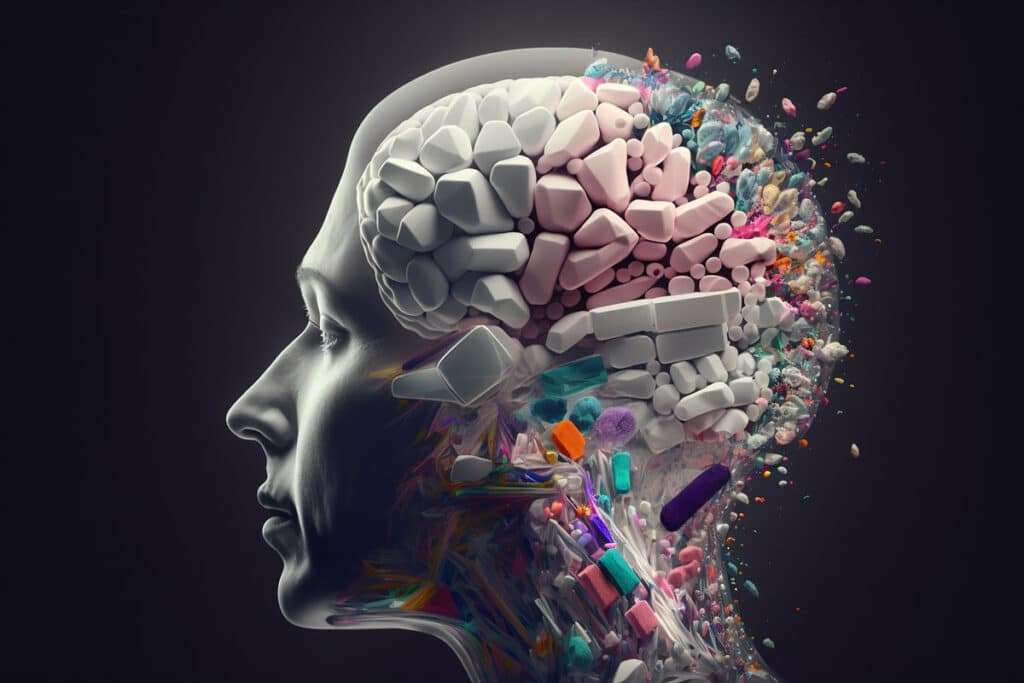We understand that every client walking through our doors may suffer from any combination of the above conditions. Because of this, we work tirelessly to assess your specific needs and create a whole-person plan that combines wellness services, mental health treatment, experiential services, and evidence-based care.
Our clients can choose from a long list of treatment services and integrated treatments. The goal is to treat both the addiction and the mental health conditions simultaneously, allowing for a more effective and successful recovery. The services we offer include:
- Group Therapy: Clients will work in 12-step groups or support groups with specific goals. These groups allow each of our clients to connect with other people just like them, provide comfort to one another, and hold each other accountable throughout this process.
- Cognitive Behavioral Therapy (CBT): This type of talk therapy is typically completed through individual therapy and addresses the way that a person thinks and behaves based on those thoughts.
- Dialectical Behavior Therapy (DBT): This type of talk therapy helps people who struggle with emotions feel them and effectively cope with them.
- Relapse Prevention: Clients will work in groups and individually to develop skills that help prevent relapses from occurring. Though we know that our clients will probably always struggle with their disease, we can equip them with the skills to cope.
- EMDR: A type of therapy meant to help individuals struggling with trauma or PTSD.
- Family Therapy: One of the main causes of disorders and addictions stems from the family, whether it be genetics or the ways we were raised. Because of this, it is often important to address the family unit as a whole.
We also offer a long list of holistic services that help our clients develop healthy habits and positive coping skills, both of which can be used to maintain long-term sobriety. The goal is to create a combination of different services in the hopes that the overall wellness of the entire client is emphasized.
Not every treatment will work for every client, so we do prioritize re-evaluations through individual therapy. If something is not working, we will simply adjust and try new therapies or services until we find a plan that is most effective for that specific person.











